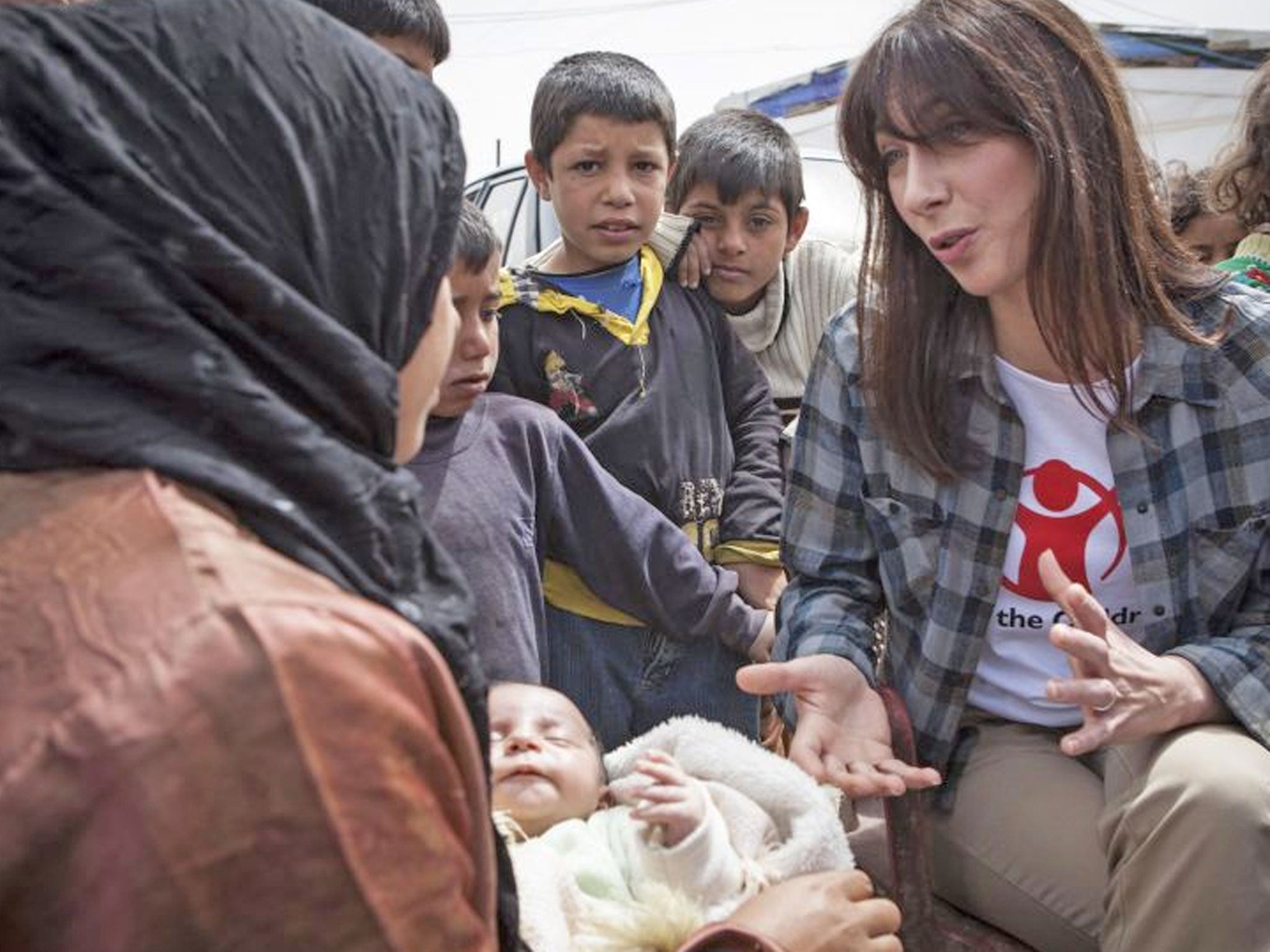Lebanon calls for help in dealing with massive influx of Syrian refugees
Beirut projects those fleeing violence will account for half its population in a year

Lebanon has called for its Syrian refugees to be transferred to other Arab countries to “share the burden” as it projects that those fleeing the violence will account for half of its population by the end of the year.
The plea to “split the numbers” was made by President Michel Suleiman at an Arab League summit in Doha which concluded today. More than 370,000 are registered in Lebanon, but the government estimates that there are already one million Syrians in the country – which has a population of just over four million – and expects that number to double during 2013.
Thousands of new arrivals pour over the border every day. With no official camps they find shelter where they can; in apartments, abandoned buildings, tents and caves. Their arrival is causing friction with local communities, some already impoverished, as they compete for work, and is straining services such as schools, electricity and water.
“When the numbers were just 250,000, that’s like 4.5 million people coming into the UK practically overnight. Now we are talking four times that,” said Ramzi Naaman, co-ordinator of the Lebanese government’s refugee response plan. “It’s only fair to say that others should share the burden to preserve the stability of the country.”
Mr Naaman points to the precarious security situation in a country where sectarian divisions were already marked before the Syrian civil war and its two major political blocs define themselves on whether they support or oppose the Syrian regime.
“There is a lot of tension and we fear that it might manifest itself in some kind of conflict,” he said. “With half the country Syrians by the end of the year there is a serious problem about the future existence of Lebanon.”
The Lebanese government admits that it doesn’t hold out much hope that others in the region will accept the proposal, but it is an indication of its increasing desperation as financial pledges fail to materialise. A fraction of the $1.6bn (£1bn) promised to aid refugees at a donor conference in Kuwait has actually materialised.
Ninette Kelley, Lebanon’s representative for the UN refugee agency (UNHCR), said that their six-month regional response plan is only 38 per cent funded. “Lebanon is as stretched as any state could possibly be. Things are at a really critical pitch,” she said.
Meanwhile the opposition has expressed exasperation that the international community will not provide Patriot missiles to protect the liberated areas in the north of Syria.
The acting head of the opposition Syrian National Coalition Moaz al-Khatib said that the refusal of his request sends a message to President Bashar al-Assad to “do what you want” while the former UN-Arab League envoy Kofi Annan said the world had “left it too late” for military intervention.
Join our commenting forum
Join thought-provoking conversations, follow other Independent readers and see their replies
Comments
Bookmark popover
Removed from bookmarks